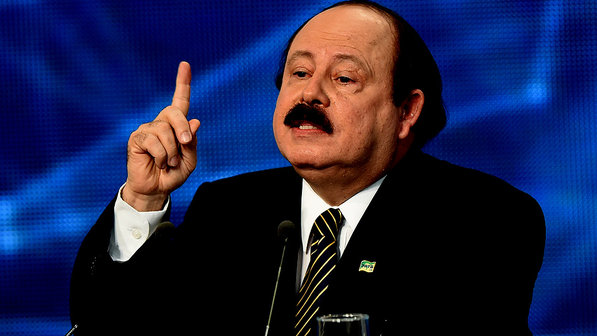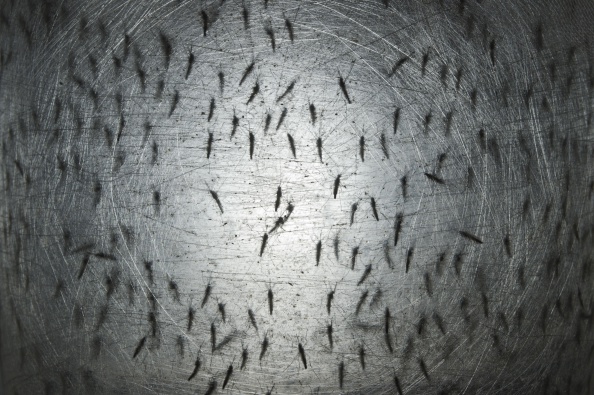By Mridula Tirumalasetti
Impunity Watch Reporter, South America
CARACAS, Venezuela—Robert Serra, the 27- year old Venezuelan politician, was found dead on Wednesday, October 1st alongside Maria Herrera, who is believed to have been Serra’s partner. Both were murdered in Serra’s home in the working class Caracas neighborhood of La Pastora, and both died from a loss of blood. Interior Minister Miguel Rodriguez Torres said the two were “vilely killed here in their house…on the ground floor lay the woman and the upper floor lay Robert Serra.”
Although the motive for the attack was unclear, the attack has been blamed on the far right opposition groups and on Colombian parliamentary groups. President Maduro said, “Terrorist groups encouraged by sectors of Venezuela’s ultra-right and Colombian parliamentary groups are behind this [effort] to bring violence to our country.” He added, “In the course of this week…We have detained four different groups that came to attack our country’s central cities, including Caracas, and fill them with violence.” Torres called the attack “a planned assassination, organized in detail and executed in the course of 15 to 20 minutes…We are not talking about a random occurrence.”
Elected in 2010, Serra was one of the youngest members of the National Assembly for the Socialist Party (PSUV) in Venezuela and the leader of the youth section of the party. The PSUV was founded by Hugo Chavez, and Serra was known for delivering passionate speeches in support of deepening Chavez’s Socialist policies.

After Honduras, Venezuela had the second highest peacetime murder rate in the world in 2013, according to U.N. statistics, although some sources argue the actual statistics are much lower. The U.N. relies on figures from non-governmental organizations because of the absence of official statistics.
The Venezuelan government responded to the high violence statistics last year by introducing tough penalties for illegal weapons possession, such as sentences up to 20 years in jail. Additionally, a smartphone app was released last month. The app divides Caracas into quadrants, which lets civilians contact police officers for these specific areas directly. Also, Maduro announced an increase in funding of $47 million for a program aimed at disarming civilians and stationing military troops in high-crime areas.
Still, despite the tough regulations, correspondents argue there is a perception of insecurity among Venezuelan civilians. This argument is supported by the series of anti-government protests earlier this year, in which increased security and improving the economy were two of the main issues.
For more information, please see:
The Wall Street Journal–Young Venezuelan Lawmaker Killed in Attack–2 October 2014
Latin America News Dispatch–Venezuelan Lawmaker Stabbed to Death Under Mysterious Circumstances–3 October 2014
BBC News–Venezuelan lawmaker Serra’s murder blamed on far right–3 October 2014
BBC News–Venezuelan lawmaker Robert Serra killed in Caracas–2 October 2014
Bloomberg–Venezuela Says Lawmaker Murdered in a Planned Attack–2 October 2014


